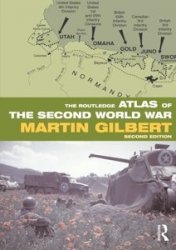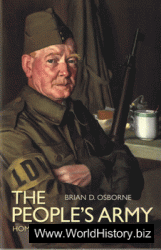BUSH, GEORGE HERBERT W. (1924- ). The 41st president of the United States between 20 January 1989 and 20 January 1993, and the eleventh director of central intelligence (DCI) between 30 January 1976 and 20 January 1977. George H. W. Bush became interested in politics in the early 1950s, first serving two terms as congressman from Texas and then running unsuccessfully for the U. S. Senate. He also served in various high-level appointive positions that thrust him into the national political limelight: U. S. ambassador to the United Nations (UN), chairman of the Republican National Committee, director of central intelligence for 12 months between 1976 and 1977, and chief of the U. S. Liaison Office in the People’s Republic of China (PRC). In 1980, George H. W. Bush campaigned for the Republican nomination for president, and when he lost, President Ronald Reagan chose Bush as his vice president. In 1988, candidate Bush won the Republican nomination and the general election and served one term in the White House, between 1989 and 1993. George H. W. Bush’s presidency saw the end of the Cold War, the dissolution of the Soviet Union, and the successful conduct of the 1991 Persian Gulf War, which ousted Saddam Hussein’s Iraqi forces from Kuwait. In the 1992 general election, President Bush lost to Democratic candidate William J. Clinton because of a faltering economy and general discontent at home. He is the father of George W. Bush.
BUSH, GEORGE W. (1946- ). Forty-third president of the United States between January 2001 and January 2009. A former governor of Texas, President Bush came into office vowing to support a stronger political and economic relationship with Latin America but to focus less on “nation building” and small-scale military commitments. He also pledged to build a missile shield to protect the United States from tactical nuclear weapons. In pursuit of his objectives, he pulled the United States out of the Kyoto Protocol, which sought to regulate global warming, and the 1972 Anti-Ballistic Missile Treaty (ABM). Because of his conservative social beliefs, he also cut off funding for the United Nations Population Fund.
President Bush had the misfortune to be in the White House when the terrorist attacks of 11 September 2001 took place. Consequently, he organized a coalition to send military forces into Afghanistan to oust the Taliban regime that had supported the perpetrators of the attacks. On the pretext that Iraqi strongman Saddam Hussein possessed weapons of mass destruction and had links to international terrorism, President Bush launched a war against Iraq in March 2003 that alienated the United States from its allies and split the American public on the issue.




 World History
World History









